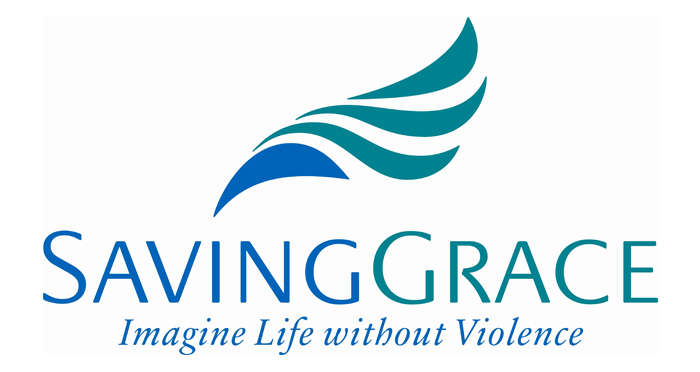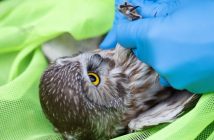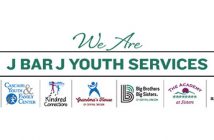Reserve your tickets now to get best price and best seats for upcoming Dr. Andrew Weil Event at Bend High Auditorium Monday, January 16 at 5pm Martin Luther King Day 2012.
Andrew Thomas Weil was born in Philadelphia where his parents operated a millinery store. From the beginning, he was an academically gifted student, and on graduating high school, he won admission to Harvard University where he majored in biology. At Harvard, he studied with the pioneering ethnobotanist Richard Schultes who ignited his interest in the medicinal plants used in traditional medicine around the world. As a student, Weil also demonstrated a nascent literary talent, serving as an editor of the daily campus newspaper, The Harvard Crimson, and the humor publication, The Harvard Lampoon. He graduated in 1964, with a degree in biology, concentrating in botany, writing his senior thesis on the narcotic properties of the common spice nutmeg.
Although he was not certain he wanted to pursue the medical profession, he enrolled in Harvard Medical School, believing the training would be valuable to a scientific career. The turbulent atmosphere of the 1960s spread to the halls of the medical school as well, and in his second year, Weil joined a group of medical students who successfully petitioned to be excused from classes and to prepare for their examinations independently. By the mid-1960s, marijuana was the subject of enormous public controversy but there was virtually no scientific literature on its actual properties. In his final year of medical school, Weil undertook a serious clinical study of the drug, the first of its kind, and his results became the subject of widespread discussion in the press.
Weil received his medical degree in 1968 and carried out an internship at Mt. Zion Hospital in San Francisco. The hospital served the Haight-Ashbury neighborhood, the center of the ‘60s counterculture at its height, and Dr. Weil had numerous opportunities to observe the effects of hallucinogens and addictive drugs. The following year, he accepted an offer from the National Institute of Mental Health to direct a study of psychoactive drugs, but he felt constrained by the political atmosphere of Washington and soon returned to independent research. In 1971, Dr. Weil joined the staff of the Harvard Botanical Museum and received a fellowship from the Institute of Current World Affairs. He spent three years traveling throughout the Americas and Africa, studying the use of medicinal plants in the traditional practices of indigenous peoples.
During this period, he published his first book, The Natural Mind (1972). In this work, Weil first iterated his thesis that psychoactive drugs are used to access capacities that already exist within the mind and that can be experienced without the use of drugs. He elaborated on this theme in The Marriage of the Sun and Moon (1980), and a comprehensive study of mind-altering substances, From Chocolate to Morphine (1983). In this book, he argued that the pursuit of altered states of consciousness through intoxicants has been a constant throughout human history, and is rooted in natural drives that are not innately self-destructive, but can be channeled in healthy directions. Beginning in the mid-1970, in a variety of mass-circulation publications, he argued for reform of government drug policy.
Meanwhile, he continued his research, comparing the effects of organic compounds with synthetic pharmaceuticals. Noting that humans and plants evolved concurrently in the same environments, he came to believe that organic substances are more beneficially assimilated in the human body than synthetic ones. Dr. Weil sought to apply his discoveries by fusing the practices of alternative medicine with conventional medical practice in an approach he defined as integrative medicine. Emphasizing nutrition, exercise and stress reduction to maintain the body’s natural healing systems, he supports the use of conventional medicine for more radical intervention in the event of health crises. He presented these ideas to a general audience in Health and Healing: The Philosophy of Integrative Medicine (1983).
In 1983, Dr. Weil joined the faculty of the University of Arizona College of Medicine as a Clinical Professor, and also taught in the department of Family and Community Medicine. At the same time maintained a general medical practice in Tucson, focusing on natural and preventive medicine and diagnosis. In the following years, he established the Foundation for Integrative Medicine and served as Editor-in-Chief of the journal Integrative Medicine. In 1994, he founded the Program in Integrative Medicine at the University of Arizona in Tucson. Today, it is known as the Arizona Center for Integrative Medicine, and Dr. Weil serves as its Program Director. The center has trained hundreds of physicians, physician assistants and nurse practitioners in the techniques of integrative medicine.
Dr. Weil has continued to present his teachings to the general public through a series of best-selling books: Natural Health, Natural Medicine (1995); Spontaneous Healing (1995) and Eight Weeks to Optimum Health (1997). In The Healthy Kitchen (2002), he encouraged readers to consume more whole, unprocessed foods and organic produce, and to reduce the consumption of meat and dairy, replacing it with the protein and omega-3 fatty acids found in nuts and fish. As Weil and his contemporaries have aged, he has addressed the challenges of maturity in books such as Healthy Aging (2005). Integrative Oncology (2009) applies the principles of integrative medicine to the treatment of cancer, while Why Our Health Matters (2009) treats more general questions of public health in a larger social context.
Through Dr. Weil’s books, and the success of the Arizona Center, his ideas have gained widespread acceptance, and integrative medicine programs have been established at dozens of institutions, including the Mayo Clinic, Georgetown, Duke and Columbia Universities and at Dr. Weil’s alma mater, Harvard Medical School. While he continues an active schedule of writing and public speaking, he also communicates directly with the general public through his popular web site feature, Ask Dr. Weil. He makes his home near Tucson, Arizona.
Preferred seating $60 till September 30 only. The event includes Tai Chi Master David Leung and Architectural Healing presentation by Jim Lussier A VIP Luncheon with Dr. Weil is also scheduled at St. Charles Monday at noon January 16 for $100 sponsored by City Club Contact Sarah Whipple at Sarah@BendPineNursery.com or 541 977 8733 for tickets.
This is Swisher Seminars’ biggest event yet. You may remember Deepak Chopra, Wayne Dyer, Michael Gerber, Robert Allen, Jim Rohn or others, but don’t miss this one!




